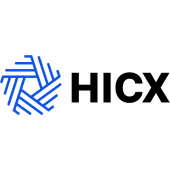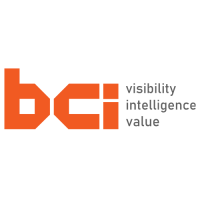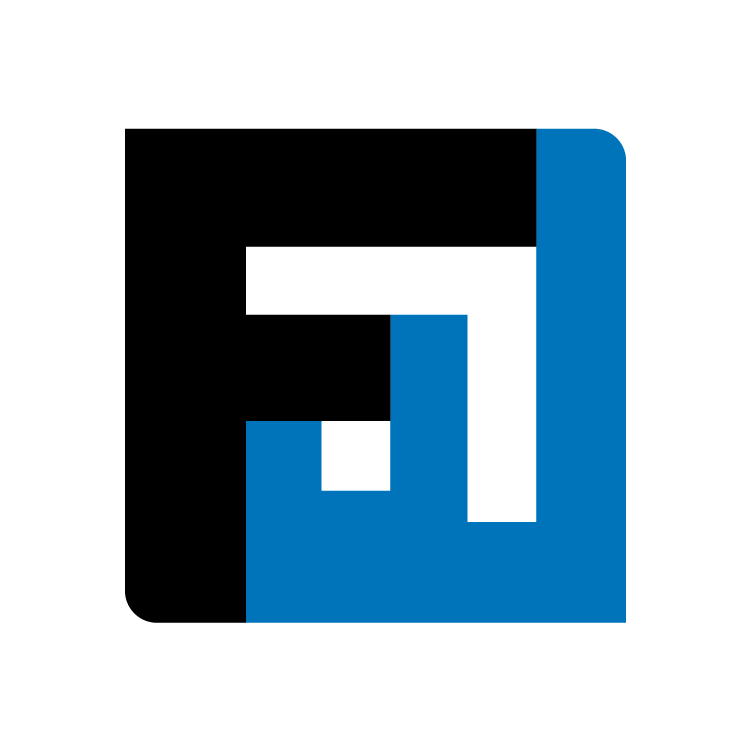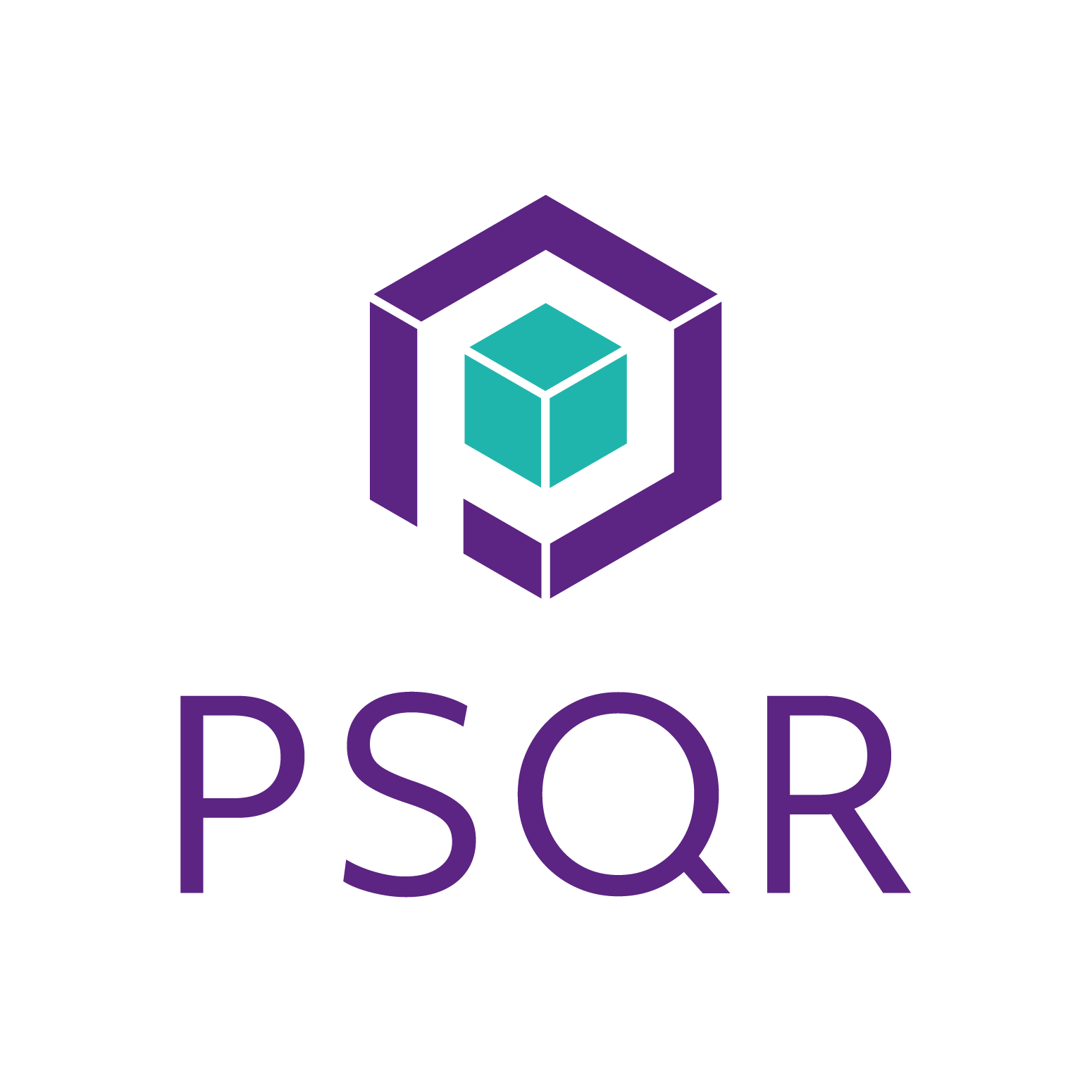Description

HICX

SmartDocs
Comprehensive Overview: HICX vs SmartDocs
HICX and SmartDocs are both companies that offer solutions aimed at optimizing business processes, but they cater to slightly different needs within the enterprise space. Below is a comprehensive overview of both, based on their primary functions, target markets, market share, user base, and key differentiating factors:
HICX
a) Primary Functions and Target Markets
- Primary Functions: HICX specializes in supplier management software. The platform provides tools for supplier onboarding, management, and risk assessment. It focuses on delivering a comprehensive suite to manage supplier information, performance, compliance, and risk, aiming to streamline supplier-related processes and enhance supplier data quality.
- Target Markets: HICX primarily targets large enterprises with complex supply chains, especially those in manufacturing, retail, and other industries where supplier relationships are crucial. The key appeal is to firms looking to optimize their supplier management processes across global operations.
b) Market Share and User Base
- Market Share: HICX operates in a niche market focused on supplier management. The market for such solutions is competitive, with HICX being one of several players. Specific market share statistics are often proprietary, but the company is regarded as a notable player in supplier data management solutions.
- User Base: HICX is used by global corporations due to its ability to manage complex supplier networks. The platform’s user base typically consists of procurement professionals, supply chain managers, and compliance officers.
c) Key Differentiating Factors
- Comprehensive Supplier Management: HICX provides an end-to-end solution for supplier information management, including risk and compliance management.
- Customizable Interface: Users can tailor the HICX platform to meet specific organizational needs, enhancing its adaptability for various industries and organizational structures.
- Data Quality Focus: It has a strong emphasis on enhancing supplier data quality and ensuring compliance through integrated data governance.
SmartDocs
a) Primary Functions and Target Markets
- Primary Functions: SmartDocs offers document management and automation solutions primarily centered on enhancing productivity through automated workflows and document-centric processes. Its features include document creation, storage, data capture, and automated processing.
- Target Markets: It targets businesses of all sizes but has a significant presence among mid-sized to large corporations looking for comprehensive document management solutions. Industries include finance, healthcare, legal, and any sector with high document processing needs.
b) Market Share and User Base
- Market Share: SmartDocs competes in the broader market of document management systems. It shares the space with established ECM (Enterprise Content Management) and DMS (Document Management System) providers. It has a strong footing but does not dominate the market given the presence of large players like Microsoft SharePoint and OpenText.
- User Base: The user base includes professionals in roles requiring intensive document handling and processing, such as administrative, legal, and compliance teams.
c) Key Differentiating Factors
- Integration Capabilities: SmartDocs offers robust integration with existing ERP and CRM systems, enhancing its value for enterprises already invested in those solutions.
- Automated Workflows: The platform emphasizes process automation, which helps in reducing manual document handling and increases operational efficiency.
- Ease of Use: With a focus on user-friendly interfaces and simplified integration, SmartDocs appeals to businesses looking for straightforward deployment and management of document workflows.
Comparison
In comparing HICX and SmartDocs, it is clear that while they both deal with optimization of business processes, HICX is more specialized in supplier management, whereas SmartDocs focuses on document management and automation. The key differentiating factors lie in their specific feature sets and target applications—HICX excels in managing supplier data and relationships, while SmartDocs is strong in streamlining and automating document-centric processes. Neither solution predominantly leads in market share across all sectors but serves particular market niches effectively.
Contact Info

Year founded :
2004
+44 20 3325 4244
Not Available
United Kingdom
http://www.linkedin.com/company/hicx

Year founded :
Not Available
+1 800-711-5899
Not Available
United States
http://www.linkedin.com/company/smart-docsapp
Feature Similarity Breakdown: HICX, SmartDocs
When comparing software platforms like HICX and SmartDocs, it's important to consider their core functionalities and the unique features they offer. Both platforms cater to document and data management needs, albeit with different focuses and market segments.
a) Core Features in Common
-
Document Management:
- HICX: Primarily focuses on supplier information management, including documentation related to suppliers.
- SmartDocs: Concentrates on managing documents and content within enterprise applications.
-
Integration Capabilities:
- Both platforms offer integrations with other enterprise systems (such as ERP and CRM systems) to enhance workflow efficiency and data consistency.
-
Automation:
- HICX: Offers automation in data collection and supplier onboarding processes.
- SmartDocs: Provides automation features for document creation, storage, and retrieval within enterprise systems.
-
Compliance and Reporting:
- Both platforms support compliance through standardized documentation processes and offer reporting capabilities for tracking document status and usage.
b) User Interface Comparison
-
HICX:
- The interface is designed for managing supplier relationships and focuses on ease of navigation across various supplier-related data and documentation.
- It features dashboards that give a comprehensive overview of supplier metrics and documentation status.
-
SmartDocs:
- The UI is integrated deeply into word processing environments (like Microsoft Word) to streamline the creation and management of documents within these applications.
- Emphasizes ease of use for users creating or managing large volumes of documents in organizational contexts.
Overall, while HICX is more focused on the backend operations involving supplier data, SmartDocs integrates more closely with user-facing applications to facilitate document management.
c) Unique Features
-
HICX:
- Supplier Information Management: Exceptional focus on managing extensive supplier-related data, risk assessment, and performance analytics.
- Data Model Customization: Ability to tailor the data model to specific business requirements for comprehensive supplier lifecycle management.
-
SmartDocs:
- Content Reusability: Advanced templating and content reuse functionality allow users to maintain consistency across documents without duplicating effort.
- Document Generation: Enhanced capabilities for generating complex documents, especially within environments like SAP, where SmartDocs is often positioned.
In summary, while HICX and SmartDocs share some document management capabilities, HICX is tailored more towards supplier and vendor-focused processes, whereas SmartDocs excels in document generation and management within enterprise applications. The choice between the two would largely depend on the specific needs around supplier management versus document-centric workflows.
Features

Not Available

Not Available
Best Fit Use Cases: HICX, SmartDocs
HICX and SmartDocs cater to specific needs within the supply chain management and document automation sectors, respectively. Here's a breakdown of their best fit use cases and how they serve various industries and company sizes:
HICX
a) Best Fit Use Cases:
- Types of Businesses or Projects:
- Large Enterprises: HICX is tailored for large organizations with complex supplier networks requiring comprehensive supplier information management. It's ideal for businesses that need to manage large volumes of supplier data across multiple regions or divisions.
- Industries with Complex Supply Chains: Sectors like manufacturing, aerospace, automotive, pharmaceuticals, and retail can benefit significantly from HICX's ability to streamline supplier management processes.
- Regulated Industries: Companies in highly regulated industries that require strict compliance and risk management, such as finance and healthcare, will find HICX advantageous for maintaining supplier-related compliance and governance standards.
SmartDocs
b) Preferred Scenarios:
- Types of Projects:
- Document-Centric Workflows: SmartDocs is ideal for organizations needing to handle extensive document processes, especially where automation and efficiency are crucial—such as legal, finance, and human resources.
- Dynamic Document Generation: For enterprises looking to generate dynamic documents (contracts, reports, proposals) with data pulled from various systems, SmartDocs streamlines this process.
- Industries and Use Cases:
- Healthcare: Automating document workflows related to patient records and administrative paperwork.
- Legal and Compliance: Creating, reviewing, and storing legal documents with accuracy and compliance.
- Education and Training: Developing automated content for curriculum management and student records.
Catering to Different Industry Verticals and Company Sizes:
HICX:
- Industry Verticals: HICX is versatile across industries that require strong vendor management, compliance, and data integrity. It adapts to various verticals by offering tailored solutions for industry-specific regulatory requirements.
- Company Sizes: While primarily aimed at large enterprises due to its robust feature set and scalability, mid-sized companies with complex supply chains may also benefit from implementing HICX in scaling operations.
SmartDocs:
- Industry Verticals: SmartDocs excels in industries that rely heavily on document automation and integration with enterprise systems, such as ERP and CRM platforms. Its templates and automation features can be customized across different sectors.
- Company Sizes: SmartDocs is equally beneficial to small and medium-sized businesses looking to improve document management efficiency, as well as large enterprises focused on maintaining high volumes of document processing with streamlined workflows.
Both HICX and SmartDocs provide vital tools for their respective domains, supporting businesses in enhancing productivity, maintaining compliance, and optimizing resource management across different industry sizes and verticals.
Pricing

Pricing Not Available

Pricing Not Available
Metrics History
Metrics History
Comparing teamSize across companies
Conclusion & Final Verdict: HICX vs SmartDocs
To provide a conclusion and final verdict on HICX and SmartDocs, we'll examine the overall value, pros and cons of each product, and offer specific recommendations based on their features and user needs.
a) Best Overall Value
Best Overall Value: Determining the best overall value between HICX and SmartDocs depends on the specific needs of an organization. If supply chain management, supplier risk assessment, and compliance are critical, HICX would likely offer greater value due to its comprehensive features tailored to these requirements. Conversely, if the focus is on document creation, management, and workflow optimization within Microsoft Office, SmartDocs may provide better value.
b) Pros and Cons
HICX:
-
Pros:
- Designed specifically for supplier management, offering in-depth features for managing supplier information, risk, and performance.
- Strong capabilities in compliance and data management, ensuring organizations meet regulatory standards.
- Scalability suitable for large enterprises with complex supply chains.
-
Cons:
- May be too specialized for companies not focused heavily on supplier management.
- Potentially higher cost due to its comprehensive features aimed at large-scale operations.
SmartDocs:
-
Pros:
- Seamless integration with Microsoft Office, enhancing document creation and management.
- User-friendly interface for creating templates and managing content easily.
- Improves productivity in environments reliant on document workflow management.
-
Cons:
- Limited to document management without broader supply chain or supplier-specific tools.
- Might require additional tools if full procurement or supplier management solutions are needed.
c) Recommendations
Specific Recommendations:
-
For Organizations Focused on Supplier Management:
- Choose HICX if supplier-related activities, including risk and compliance management, are critical. HICX is ideal for enterprises with extensive supplier networks that need detailed monitoring and risk assessment.
-
For Organizations Focused on Document Management:
- Opt for SmartDocs if the primary need is enhancing document workflows within Microsoft Office. It’s suitable for businesses looking to streamline document processes without requiring a broader supply chain management system.
-
Mixed Needs:
- For companies needing both supplier and document management, consider integrating both tools or, if that's not feasible, choose the product more aligned with immediate pressing needs and seek complementary solutions for the other aspect.
In conclusion, the choice between HICX and SmartDocs should be guided by the specific priorities of an organization, considering the nature of their operations and the critical functionalities they require.
Add to compare
Add similar companies



